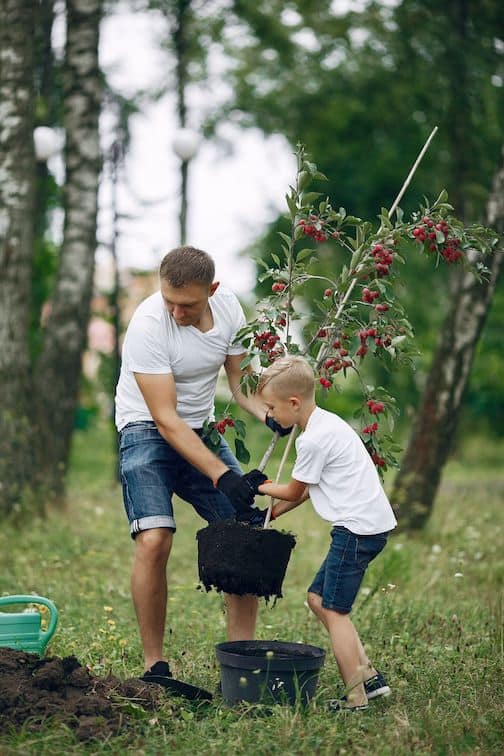Top Laudato Si’ Quotes on the Environment (Expanded Edition)
by CAPP-USA
Pope Francis’ encyclical Laudato Si’ continues to resonate as a powerful call to care for our common home.
Rooted in Catholic Social Teaching, it reminds us that ecological concern is inseparable from our understanding of human dignity, the common good, and solidarity.
In this expanded list of quotes, we highlight not only environmental insights but the deeper moral and spiritual questions that must guide our response to ecological issues.

Top Laudato Si’ Quotes
The Cry of the Earth and the Poor
- The “earth cries out to us because of the harm we have inflicted on her by our irresponsible use and abuse of the goods with which God has endowed her.” (Laudato Si’, 2)
- “What kind of world do we want to leave to those who come after us, to children who are now growing up?” (Laudato Si’, 160)
- “[W]e have to realize that a true ecological approach always becomes a social approach; it must integrate questions of justice in debates on the environment, so as to hear both the cry of the earth and the cry of the poor.” (Laudato Si’, 49)
The Deeper Roots of the Crisis
- “There can be no renewal of our relationship with nature without a renewal of humanity itself.” (Laudato Si’, 118)
- “The issue is one which dramatically affects us, for it has to do with the ultimate meaning of our earthly sojourn.” (Laudato Si’, 160)
- “If these issues are courageously faced, we are led inexorably to ask other pointed questions: What is the purpose of our life in this world? Why are we here? What is the goal of our work and all our efforts?” (Laudato Si’, 160)
- “Unless we struggle with these deeper issues, I do not believe that our concern for ecology will produce significant results.” (Laudato Si’, 160)
- “Men and women of our postmodern world run the risk of rampant individualism, and many problems of society are connected with today’s self-centered culture of instant gratification.” (Laudato Si’, 162)
A Moral and Spiritual Challenge
- “It is possible that we do not grasp the gravity of the challenges now before us.” (Laudato Si’, 105)
- “To seek only a technical remedy is…to mask the true and deepest problems of the global system.” (Laudato Si’, 111)
- “That is how we end up worshipping earthly powers, or ourselves usurping the place of God, even to the point of claiming an unlimited right to trample his creation underfoot.” (Laudato Si’, 75)
- “The best way to restore men and women to their rightful place…is to speak once more of the figure of a Father who creates and who alone owns the world.” (Laudato Si’, 75)
- “Everything is interconnected, and this invites us to develop a spirituality of that global solidarity which flows from the mystery of the Trinity.” (Laudato Si’, 240)
Restoring Right Relationships
- “An inadequate presentation of Christian anthropology gave rise to a wrong understanding of the relationship between human beings and the world.” (Laudato Si’, 116)
- “Authentic human development has a moral character. It presumes full respect for the human person.” (Laudato Si’, 5)
- “We can no longer speak of sustainable development apart from intergenerational solidarity.” (Laudato Si’, 159)
The Call to Action
- “We need to move forward in a bold cultural revolution.” (Laudato Si’, 114)
- “I urgently appeal for a new dialogue about how we are shaping the future of our planet.” (Laudato Si’, 14)
- “Living our vocation to be protectors of God’s handiwork is essential to a life of virtue.” (Laudato Si’, 217)
- “The climate is a common good, belonging to all and meant for all.” (Laudato Si’, 23)
Conclusion
These 20 quotes from Laudato Si’ serve as a guide and a challenge: to renew our hearts, reform our systems, and care for our common home with wisdom, courage, and faith.
The environmental crisis is not just a scientific or political issue—it is a profound human one.
Pope Francis challenges us to examine not only how we live, but why we live, and for whom.





